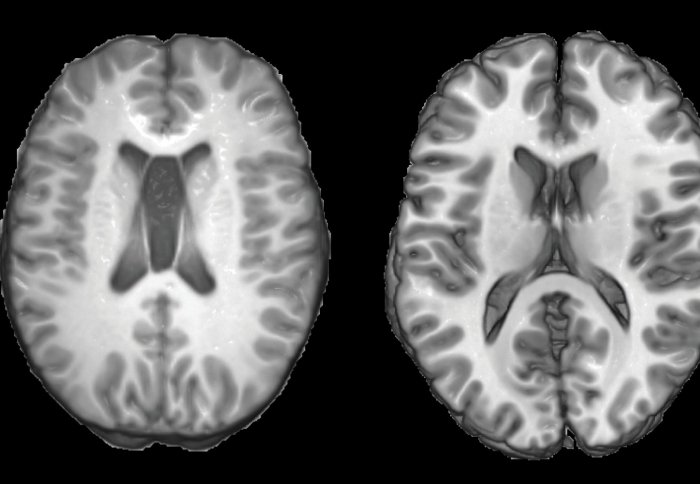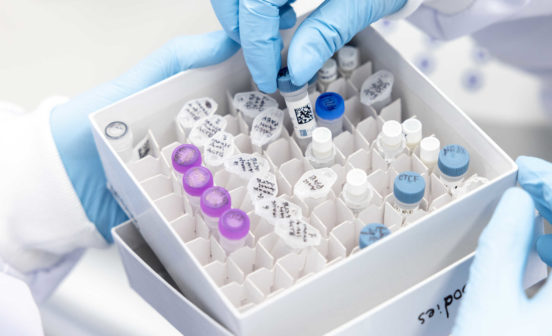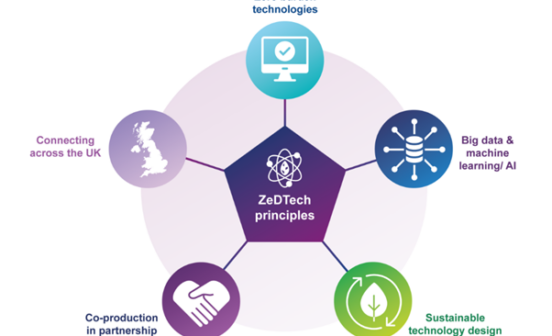Therapeutic Treatment of chronic sequelae of traumatic brain injury

One of the unique features of our multidisciplinary research and care centre for traumatic brain injury (TBI) patients, has been a focus on chronic sequalae. This term refers to the consequences of a particular condition or therapeutic intervention on a patient.
Research into risk stratification – or the estimation of the probability of a patient succumbing to a disease or benefiting from treatment – is enabling health professionals to target rehabilitation and support resources. For example, our research has highlighted the high prevalence of anterior-pituitary dysfunction in patients after moderate to severe TBI, and we have developed streamlined approaches for monitoring such outcomes. There can be a major long-term burden for patients arising from cognitive impairment. Imaging markers that relate patterns of brain injury to cognitive deficits have been discovered to aid in prognosis and to successfully guide treatments.
Also, new treatments are being pioneered. Recent research has shown that TBI triggers brain inflammation associated with progressive damage, increased amyloid deposition and cognitive impairments. Our multidisciplinary research approach for a ‘one-stop shop’ provides immediate and lasting benefits. On the basis of this, a first Phase I / II anti-inflammatory treatment trial has been undertaken with promising results soon to be reported.





